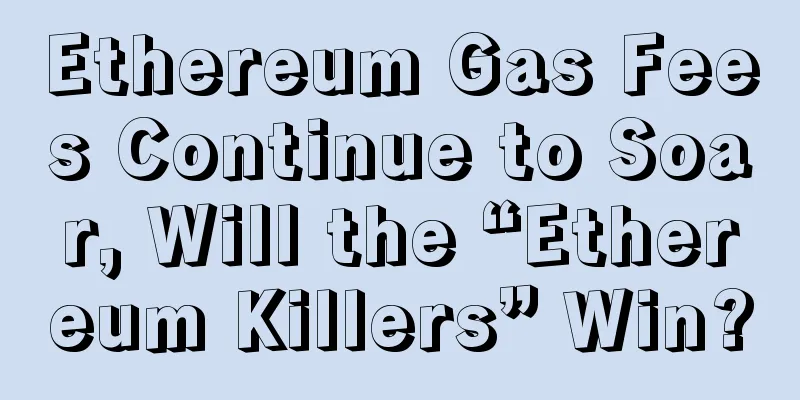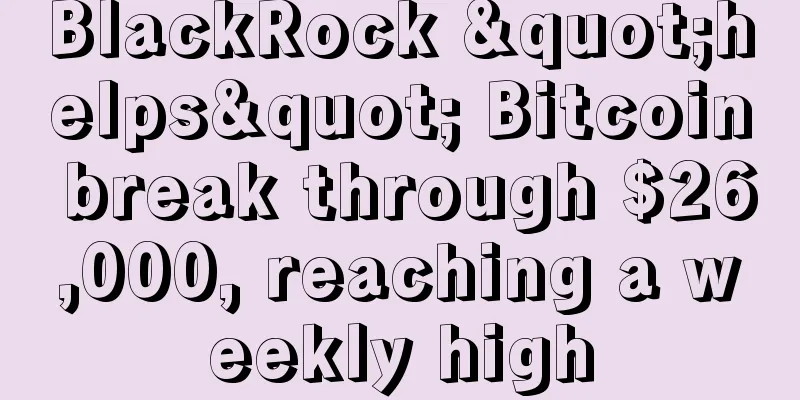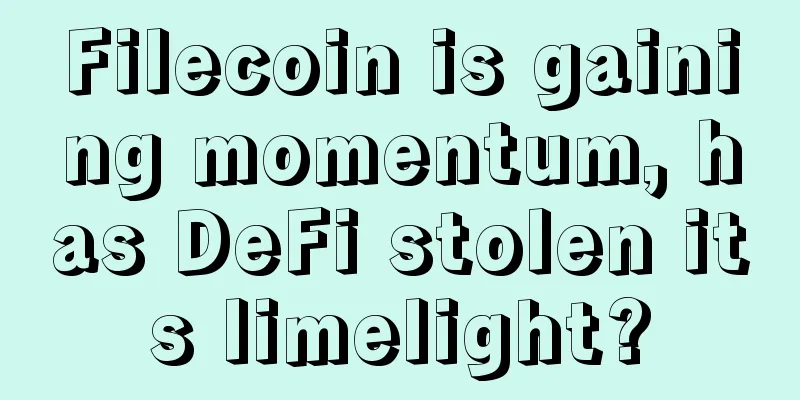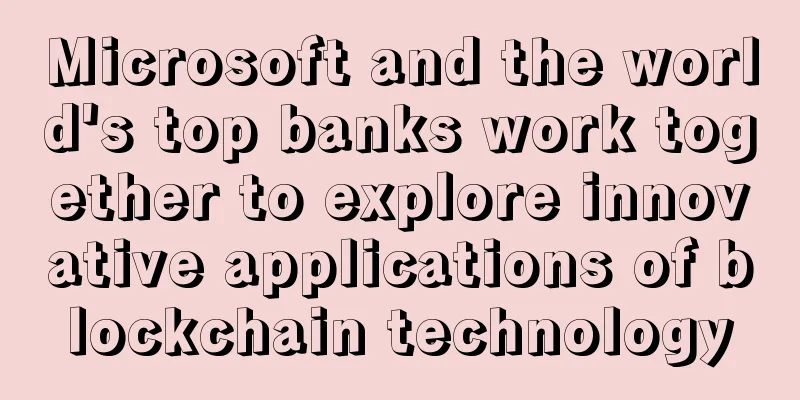Ethereum Gas Fees Continue to Soar, Will the “Ethereum Killers” Win?

|
Ethereum is one of the most widely used blockchains in the Crypto space, with new users joining every day. During this process, the issue of Ethereum fees has been attracting much attention. Fee rates typically rise when the network is highly congested, and recently, as NFTs have grown in popularity, fees appear to have once again spiraled out of control. Because minting NFTs takes a lot of time, Ethereum transaction fees have risen in order to complete this process, which has also pushed ordinary users to pay higher fees. Recent Ethereum upgrades have not helped the problem either. The London upgrade and EIP-1559 did not reduce fees. On the contrary, fees have skyrocketed since the upgrades. The most noteworthy of these is the jump that began on August 22. From the 22nd to the present, Ethereum's transaction fees have risen by more than 200%. Currently, the average cost of each transaction has risen to more than US$30. In comparison, the average transaction fee for the entire blockchain network is $10, making the current surge in transaction fees the highest transaction fees in the network's history. NFT platforms and decentralized exchanges (DEX) have not been left out, with users on these platforms reportedly having to pay higher fees. Decentralized exchanges like Uniswap charge up to $300 per trade, while users of NFT marketplaces are seeing fees above $1,000 on platforms like OpenSea. This has sparked discussion about the future of blockchains, if fees are too high and most users are unable to trade on them. Someone might come up with a whole new blockchain network to replace Ethereum as the leading smart contract platform. Ethereum’s high fees have drawn attention across the Crypto market because of its popularity. As Ethereum falls out of favor due to rising fees, other platforms are preparing to fill the gap it may leave, and one of these blockchain competitors is Cardano, which has been popular recently. According to the plan, Cardano's smart contract function will be released on September 12, and the network has lower fees than Ethereum. Of course, other competitors include Polkadot, Solana, Terra, Tron, Avalanche, EOS and other public chains that we are also familiar with. They are all preparing to launch an impact on the Ethereum ecosystem. In addition, there are the most prominent exchange public chains, such as Binance's smart chain, which can be said to be the blockchain where the world's largest Crypto exchange is located. These blockchains mentioned above have the same capabilities as the Ethereum blockchain, but their transaction fees appear to be lower compared to the leading blockchain network. On the other hand, the Ethereum team is not unaware of these things happening. After all, the migration to ETH2.0 has been going on for many years. According to current plans, Ethereum 2.0 is expected to be fully launched in 2022. This upgrade will fundamentally solve the network's fee problem, as well as other issues related to the network's scalability, security and efficiency. The original text comes from bitcoinist and is compiled by Blockchain Knight. The English copyright belongs to the original author. Please contact the translator for Chinese reprint. |
>>: The market top fell, 46000 became the key support
Recommend
If you have a vicious mouth and offend people with these facial features, you will only be scolded.
Many times, speaking harshly is a form of self-pr...
How to identify the characteristics of short life
We all hope to live a long life, and hope to be b...
On-chain metrics suggest Bitcoin miners’ influence on price is weakening
By MARTIN YOUNG A new report from on-chain analyt...
What does the size of the finger gap mean?
Everyone is different, and everyone's appeara...
SpaceX plans to launch a payload paid for with Dogecoin to the moon in 2022
Canada-based manufacturing and logistics company ...
The market value of stablecoins has soared by 140%, and demand has soared. Can it "boost" the Bitcoin bull market?
Recently, the total market value of stablecoins e...
What is the personality and destiny of people with travel lines?
People with clear and uninterrupted travel lines ...
Facial features of a man who loves his wife after marriage
Facial features of a man who loves his wife after...
Palmistry for unlimited passion in love
Palmistry for unlimited passion in love 1. People...
Can ETH's market-leading rise indicate a market shift?
As the Ethereum merger (The Merge) is approaching...
Hong Kong's new cryptocurrency regulatory policy is OK. Can Huobi Greater China break through compliance?
Compared with Singapore, Hong Kong, which has bee...
A woman's face determines her emotional destiny
A perfect marriage is the most important thing in...
What will happen to your career fortune if the success line and career line cross?
Among all types of palm lines, the career line an...
The Golden Formula of the Pianyincai Qisha Pattern Use God's Fortune Formula
Golden Formula: also known as "Sun Bin's...
Facial features of men who are unlucky in marriage, would you dare to marry them?
Whether it is a man or a woman, everyone hopes to...









